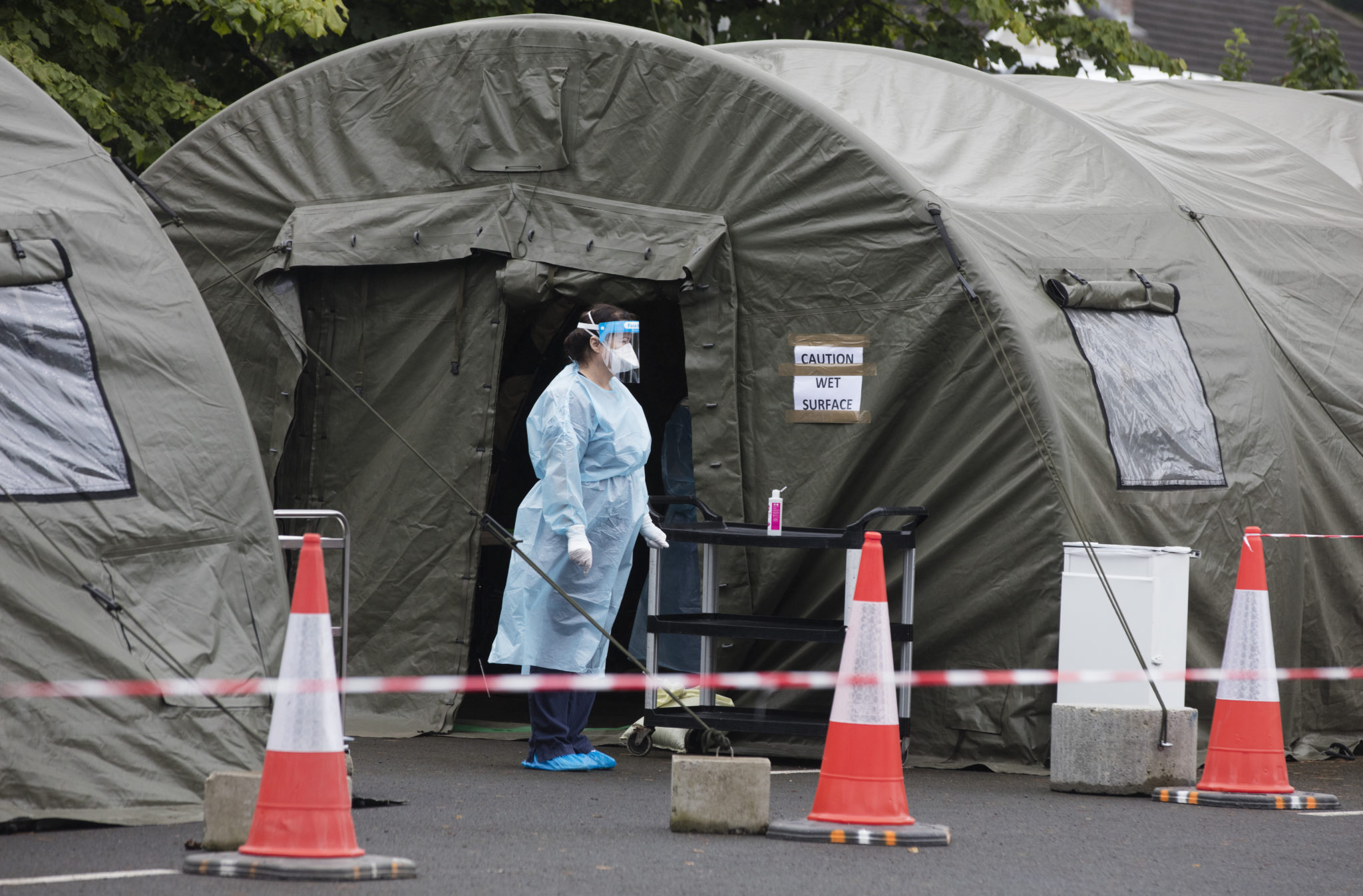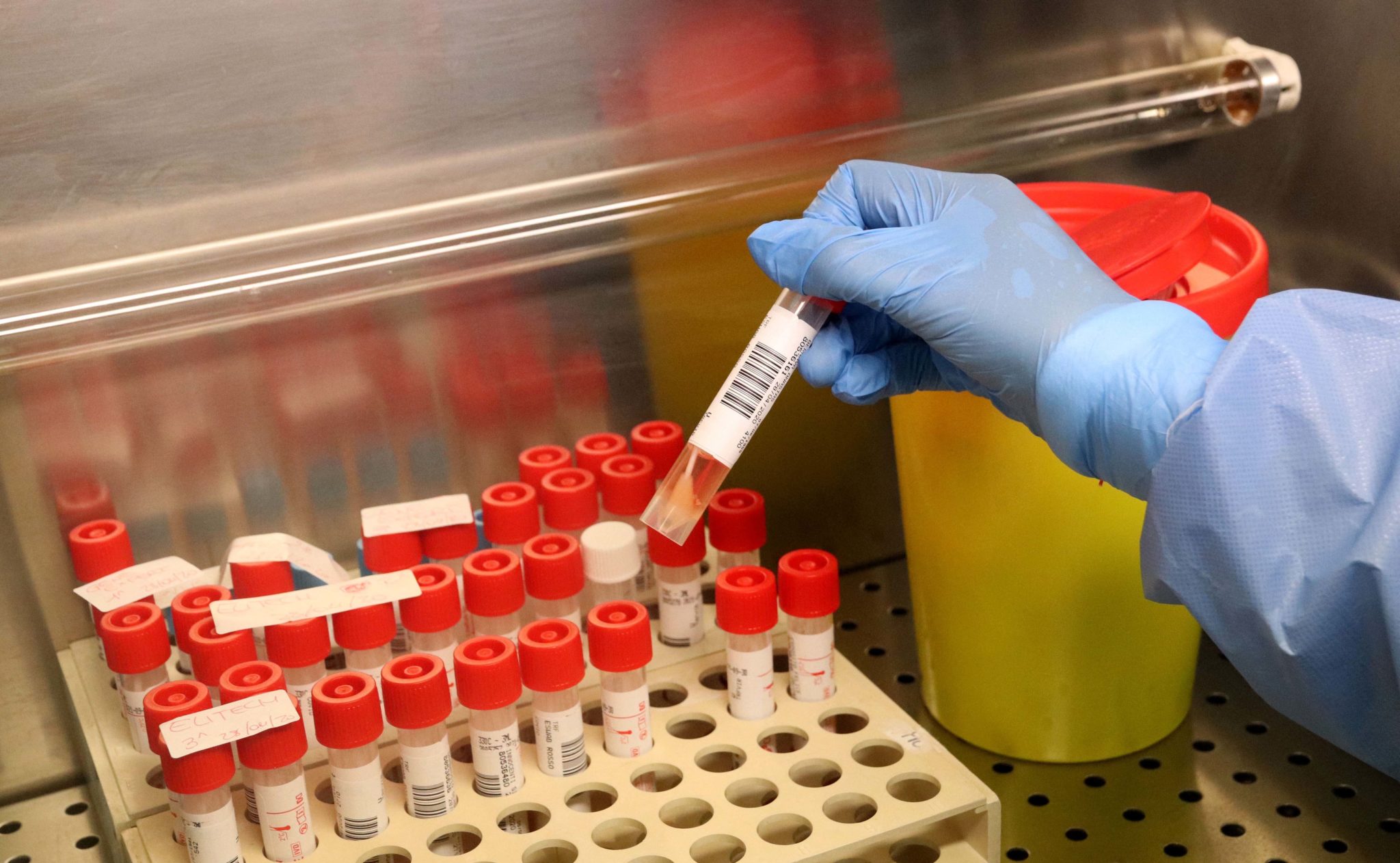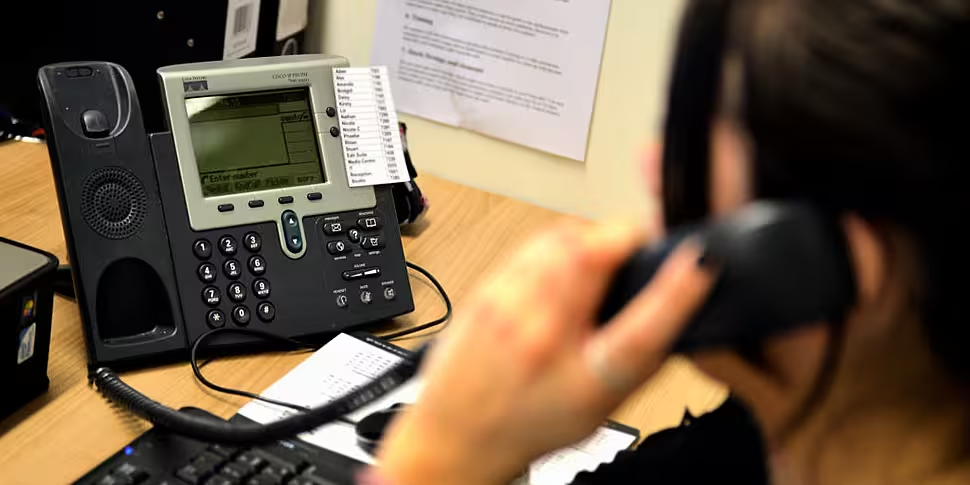The number of contacts reported by Ireland’s COVID-19 patients has “skyrocketed” in recent weeks.
On The Pat Kenny Show this morning, the head of one of Ireland’s busiest contact tracing centres said the system kicked back into gear as the number of cases increased in recent weeks.
Professor Mary Codd, Dean of Public Health at UCD, said the number of calls her team has to make for each new case has “gone through the roof.”
“If you think back to April; if you think back to Easter time, we were looking at hundreds of cases every day – 600, 700, 800 cases,” she said.
“We are managing to keep it at a level at the moment and hopefully we manage to keep it there. Over the last two weeks, I know there have been ups and downs, but 200 has been the highest.
“What has really changed are the numbers of contacts. In lockdown most people had between two and four close contacts. Most people were not at work. Now, it is a much, much bigger landscape because we are coming towards the end of August, it is family time and people want to get together.
“I really don’t want to point a finger at any particular age group, we have all participated in very nice social gatherings and family gatherings.
“So, the numbers of contacts has really skyrocketed. It is not at all unusual for someone to have had let’s say say 20 maybe even 30 contacts within their infected period and that can be very challenging.
“Then sometimes because of linkages between groups we find the same contacts identified by different cases so yes, the number of phone calls has gone through the roof.”
 HSE COVID-19 testing for Covid-19 in Newbridge County Kildare today, 17-08-2020. Image: Eamonn Farrell/RollingNews
HSE COVID-19 testing for Covid-19 in Newbridge County Kildare today, 17-08-2020. Image: Eamonn Farrell/RollingNewsMs Codd said there is enough capacity in the system to deal with the increased workload.
“I know that contact tracing took a bit of criticism there for a period but truth to tell there has been an escalation plan and that took place,” she said.
“There was a particular threshold at which point the escalation plan was to be activated and it was.”
“So, the capacity is there. In fact, there are times when we are waiting for information to come into the system.”
 Medical biologists and laboratory technicians wearing protective gear working with swabs samples in a laboratory of Microbiology and Virology, Image: Clemente Marmorino/Eyepix/ABACAPRESS.COM
Medical biologists and laboratory technicians wearing protective gear working with swabs samples in a laboratory of Microbiology and Virology, Image: Clemente Marmorino/Eyepix/ABACAPRESS.COMShe said it is essential that anyone who is experiencing symptoms isolates themselves from others.
“I would really appeal to people, if you have symptoms, please don’t go to work,” she said. “That really is an indication that you are infected so please don’t go to work.
“I would also appeal to employers and managers to give their employees the time that is required if they are close contacts and clearly if they are cases to not be at work and to self-isolate.
“If they are close contacts, and the close contact could have been someone in their social context, to provide them with that facility to quarantine for the required period. That is really important. Otherwise we are perpetuating the transmission.”
You can listen back here:









